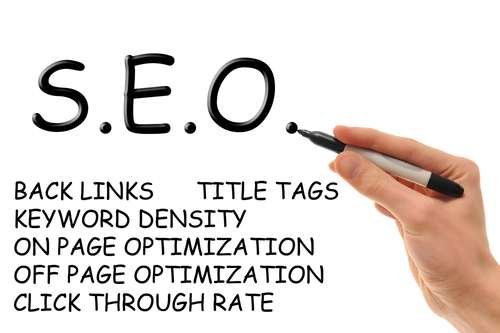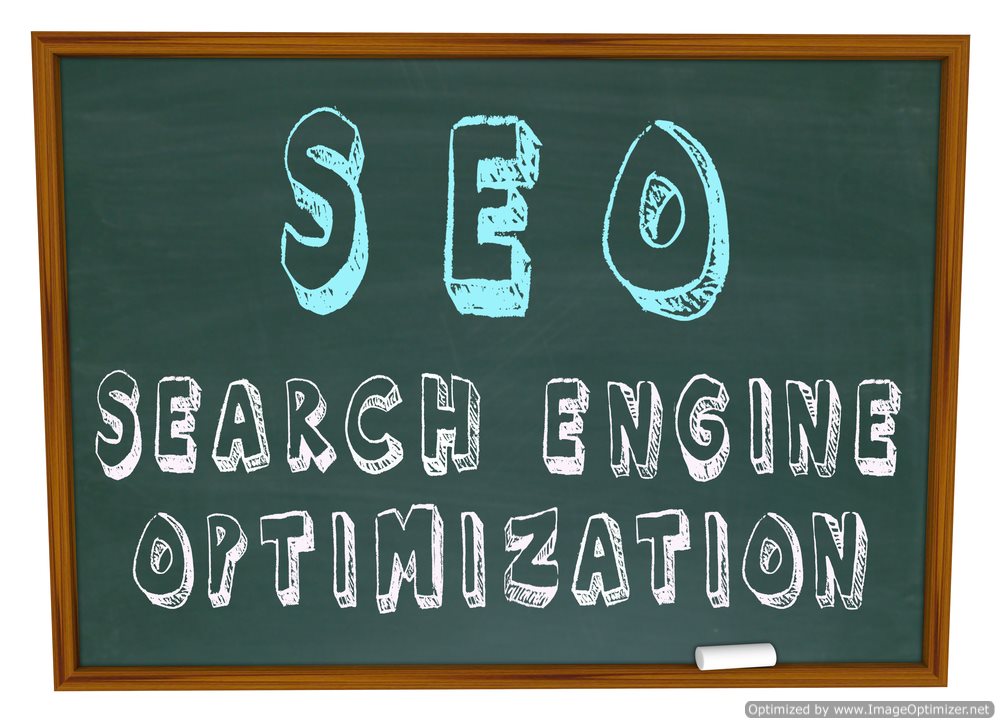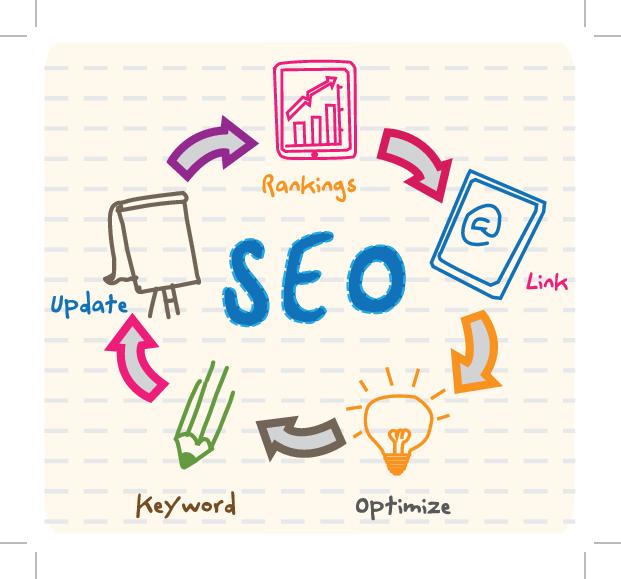7 SEO Tips and Tricks for Law Firms

SEO optimization tips are easy to come by, but how can you be sure if you're getting great SEO tips? Keep in mind that Google's new Penguin algorithm, which affected one in six search results, is now in effect, and that changes the world of SEO tips and tricks significantly. Keep reading to find out some up to the minute SEO optimization tips that can make your SERPs rise and drive your conversion costs down.
SEO Tips #1: Don't Put Your Eggs in One Basket
This may sound unusual in a list of SEO tips and tricks, but the first tip in this guide is not to be too reliant on just one SEO method. The rapidly-changing world of SEO optimization tips is a good indicator that things could easily change again. Much of the advice given in today's SEO tips could be invalid or outdated tomorrow.
You may want to try running more than one website, each with different SEO strategies. This can be a particularly good idea if you are using a lot of SEO tips and tricks to power traffic on one site. Even if you have just one site because you have only one specialty area, you should look up not only SEO optimization tips, but also the basics of viral marketing and social media marketing techniques.
While this may seem like a lot of extra work, there's a reason for it. Typically, using social media and viral marketing will only enhance the results of following SEO tips and tricks. What's more, if you're already using these other techniques, it won't matter nearly as much if your SEO optimization tips become outdated due to yet another change in how search engines index your pages.
SEO Tips #2: Latent Semantic Indexing
While SEO tips and tricks used to focus on creating a high (but not too high) keyword density, today's keyword-related SEO optimization tips are a bit different. Today, the hottest new trend in SEO tips is latent semantic indexing, or LSI. As search engines have gotten better at identifying synonyms and variants of words (for instance, Google will highlight “attorney” and “lawyer” if you just search for “attorney”), they have also gotten wary about articles that just repeat the same keywords again and again.
With latent semantic indexing, you take advantage of Google's intelligence by including a few exact match key phrases several times in your article. Then, you include several similar terms once or twice—not as often as your major key phrases, but these variants should be scattered throughout your copy.
This kind of keyword loading is more natural looking than previous types, and latent semantic indexing is appearing in many lists of SEO tips and tricks.
SEO Tips #3: Make Sharing Easy
Today's web is interconnected through social media and social bookmarking websites. Because this kind of social sharing generates quality inbound links to your website, it's critical to make sharing easy if you want great SEO results. Different lists of SEO tips and tricks will advise you to share on different websites, but the real trick here is diversity.
Don't just make it easy for people to share your content through Facebook or LinkedIn. Include a wide range of social bookmarking sites, like Reddit or Digg. Why limit how a fan of your content can share it? Typically, the sharing buttons are small and unobtrusive, so there is no reason not to include as many as are reasonable.
SEO Tips #4: Link Quantity vs. Link Quality
Since Google Penguin, lists of SEO optimization tips are no longer including any praise for “article marketing” or “article spinner” websites. These sites have been dismissed by recent lists of SEO tips and tricks as “mostly scams.” They're scams because while they claim to offer a service that will give you numerous inbound links and copies of your content, they actually are full of spam and are assigned a low quality score.
Today, you're much better off asking to guest blog with another attorney. SEO optimization tips regard this route as more ethical for attorneys and also more likely to lead to genuine new leads.
SEO Tips #5: Write For Clients, Not Google
While it's good to keep SEO tips and tricks in mind when you build your website, the truth is that most of your ranking will be determined by how people interact with your website and who you're linked to. That means that, somewhat counter intuitively, you may be better off making sure your website looks great for visitors rather than indexing algorithms. If you make great content and share it whenever possible, people will come—and they'll contribute to better SERPs a few weeks or months in the future.
SEO Tips #6: Take the Focus Off Low Quality Links
While you should of course make sure that your firm is listed with as many local directories as possible, signing up for large numbers of directory websites in the hope of generating better SERPs will usually be a futile effort. While some SEO tips and tricks used to recommend this, today these kinds of links are considered low quality. They won't contribute much, if anything, to your page rank according to the newest SEO optimization tips.
SEO Tips #7: Check Your Work
Don't just blindly follow lists of SEO optimization tips and expect them to work without constant testing and modifications. Your business is unique, and SEO tips and tricks that work for one organization may be ill-suited for another. Create split tests any time you follow new SEO tips, just to make sure that your SEO optimization tips are actually working.
If your analytics reveal that the SEO tips you're using aren't useful, try searching again for the newest changes. SEO optimization tips change so often that it's entirely possible the algorithms have been altered again, and a previously practical strategy is no longer useful. Keep your eye on SEO blogs and lawfirms.laws.com for the latest updates and SEO tips.























